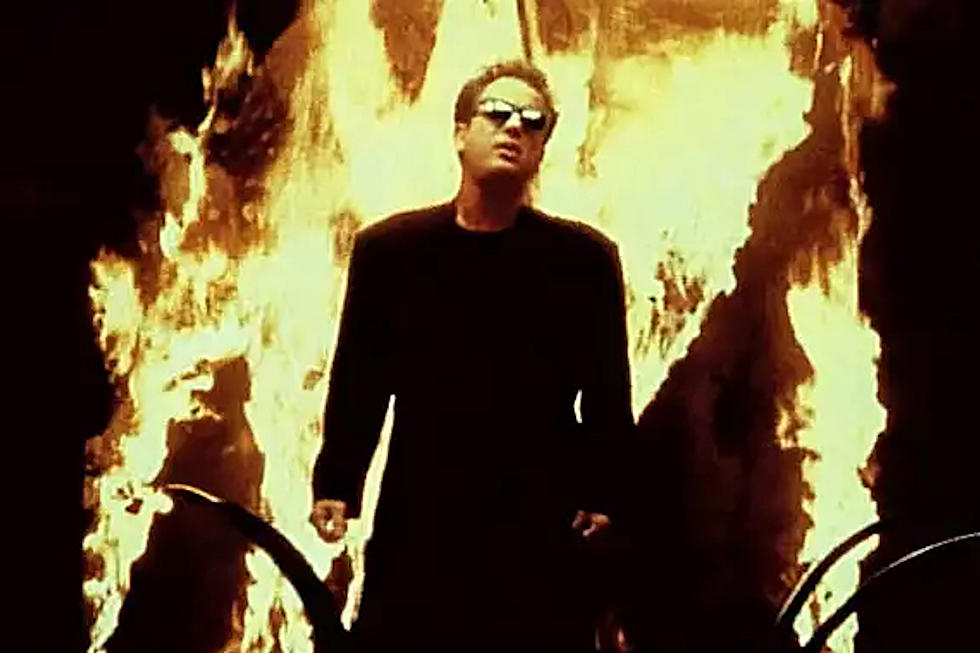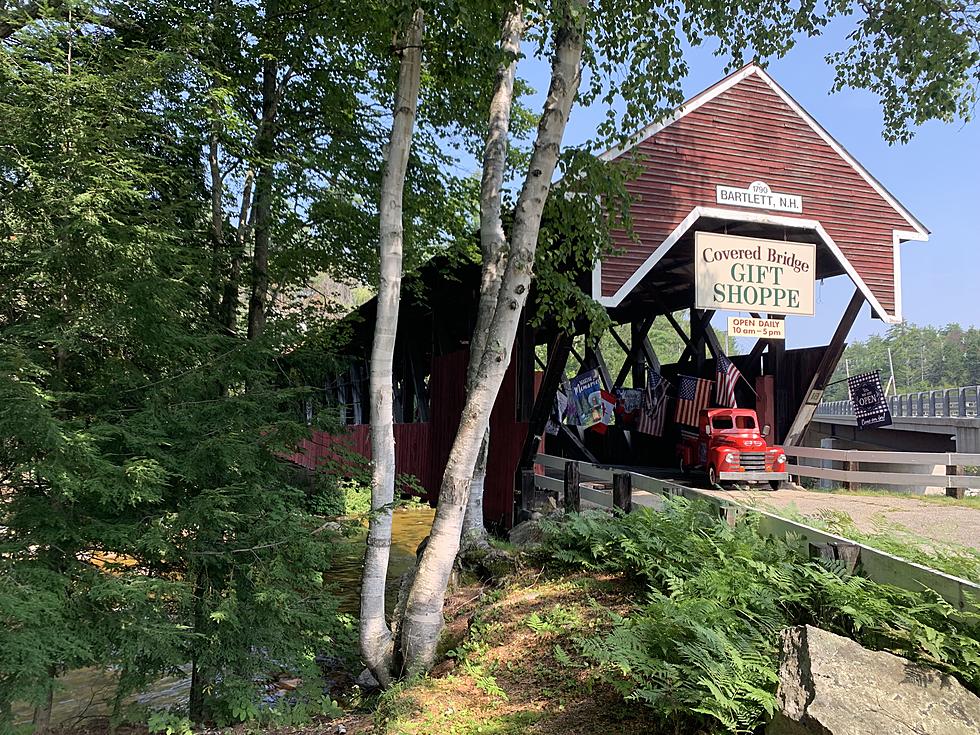
Why Do So Many People Hate ‘We Didn’t Start the Fire’?
There’s no denying the cultural impact of Billy Joel’s 1989 hit “We Didn’t Start the Fire.” The single spent two weeks atop the Billboard Hot 100, earned three Grammy nominations (including Record and Song of the Year) and remains one of its era’s most easily identified tunes. But it’s also one of the most hated songs of the past 40 years.
A simple Google search yields pages of scourge toward “We Didn’t Start the Fire.” Blender magazine listed it among their 50 Worst Songs Ever; fans decry it as “pointless,” “ridiculous” and “arguably the worst hit single of [Joel’s] career.”
In a retrospective review, Stereogum tore the song to shreds, describing it as “a cursed and godforsaken work of torment” before adding, “If Billy Joel had actually set out to create eardrum-stabbing experimental hell-music, he couldn’t have done any better.”
So what is it that makes “We Didn’t Start the Fire” the target of such vitriol? The answer is multifaceted.
Watch Billy Joel's 'We Didn't Start the Fire' Video
It’s All Info With Little Emotion
We start with the lyrics. While most mainstream pop songs follow some kind of traditional narrative form – a guy falls in love, the guy gets his heart broken, etc. – “We Didn’t Start the Fire” opts for a blitzkrieg of information. In less than five minutes, Joel delivers references to 118 notable historical figures and events that took place in the 40 years between 1949 and 1989. While it’s impressive that Joel somehow fits all of these references into a tidy tune, listeners are less likely to feel a heartfelt connection to lyrics that are factually based rather than with some sort of emotional pull.
Not so coincidentally, when “We Didn’t Start the Fire” was released in 1989, Joel's record company, in collaboration with Scholastic, Inc., sent the song to thousands of high schools across the U.S., along with a 10-minute talk by the artist titled “History Is a Living Thing.” Generally speaking, music fans don't get pumped for a history lesson.
But while the lyrics exude a certain amount of cleverness, the music is painfully elementary. Don’t believe us? Ask the Piano Man himself.
"We Didn’t Start the Fire" Is a "Terrible Piece of Music"
“It’s a terrible piece of music,” Joel once admitted, likening the melody to “a dentist drill.” In a 2021 podcast appearance, he again noted that the song’s composition is “more annoying than musical,” this time describing it as sounding like “a mosquito buzzing around your head.”
With the benefit of hindsight, it’s easy to see why “We Didn’t Start the Fire” was such a success.
The song, which featured many Cold War references, arrived just as the Soviet Union was crumbling to an end. The Berlin Wall fell on Nov. 9, 1989; a month later, “We Didn’t Start the Fire” was No. 1. Timing, as they say, is everything.
So the song clicked with something in the zeitgeist and became a massive hit. Music history is littered with plenty of other similar pop culture phenomena – from “Y.M.C.A.” to “Macarena” to “Gangnam Style” – where relatively mediocre material became inescapable. Still, the hatred toward “We Didn’t Start the Fire” remains on another level.
“We Didn’t Start the Fire” Has Never Gone Away
“Fad” songs tend to shine brightly and then burn out quickly. By contrast, “We Didn’t Start the Fire” continues to endure. It has spawned thousands of parodies, including a 2002 re-working on The Simpsons; Leslie Knope used the song to torture Ron Swanson on Parks and Recreation. In the 2012 film The Five-Year Engagement, Chris Pratt’s character gives a wedding speech in which he lists his friend’s former lovers in “We Didn’t Start the Fire” fashion. In 2019, Jimmy Fallon performed a version of the song on The Tonight Show that chronicled the major heroes and events from the Marvel Cinematic Universe.
Pop-punk group Fall Out Boy even released a version of “We Didn’t Start the Fire” in 2023, updated to include major events that have happened since Joel released the original song. Despite criticism from some sections of the internet, it became a hit all over again.
Time usually allows hatred to calm. Perhaps if “We Didn’t Start the Fire” left the public eye for an extended amount of time, even its harshest critics would be able to give the song some reprieve. But because it remains a constant pop culture presence, contempt for the track is continually renewed. In many ways, this song about history would probably benefit from becoming history. But much like the titular blaze, “We Didn’t Start the Fire” goes “on, and on, and on, and on and on.” So does the hate.




